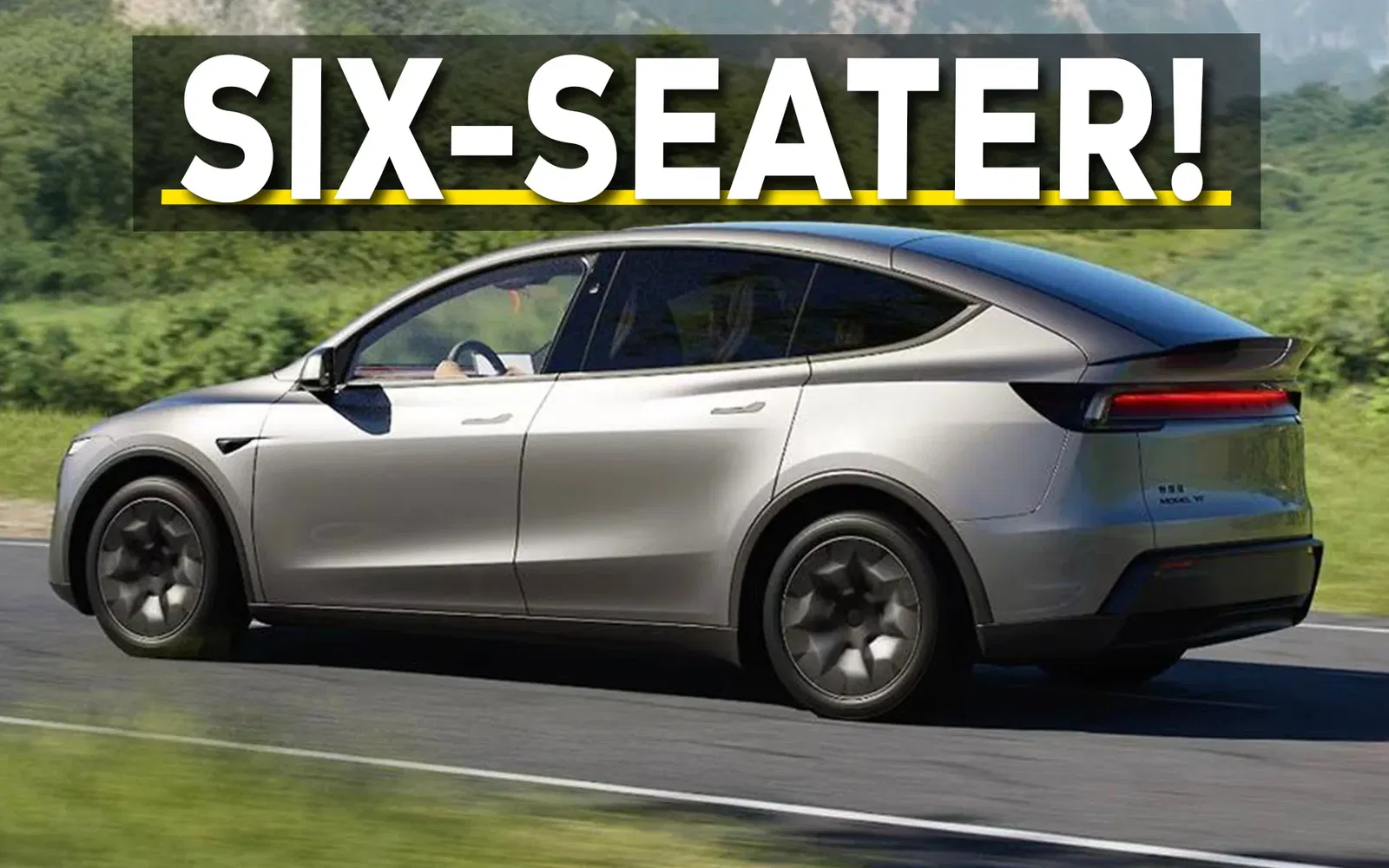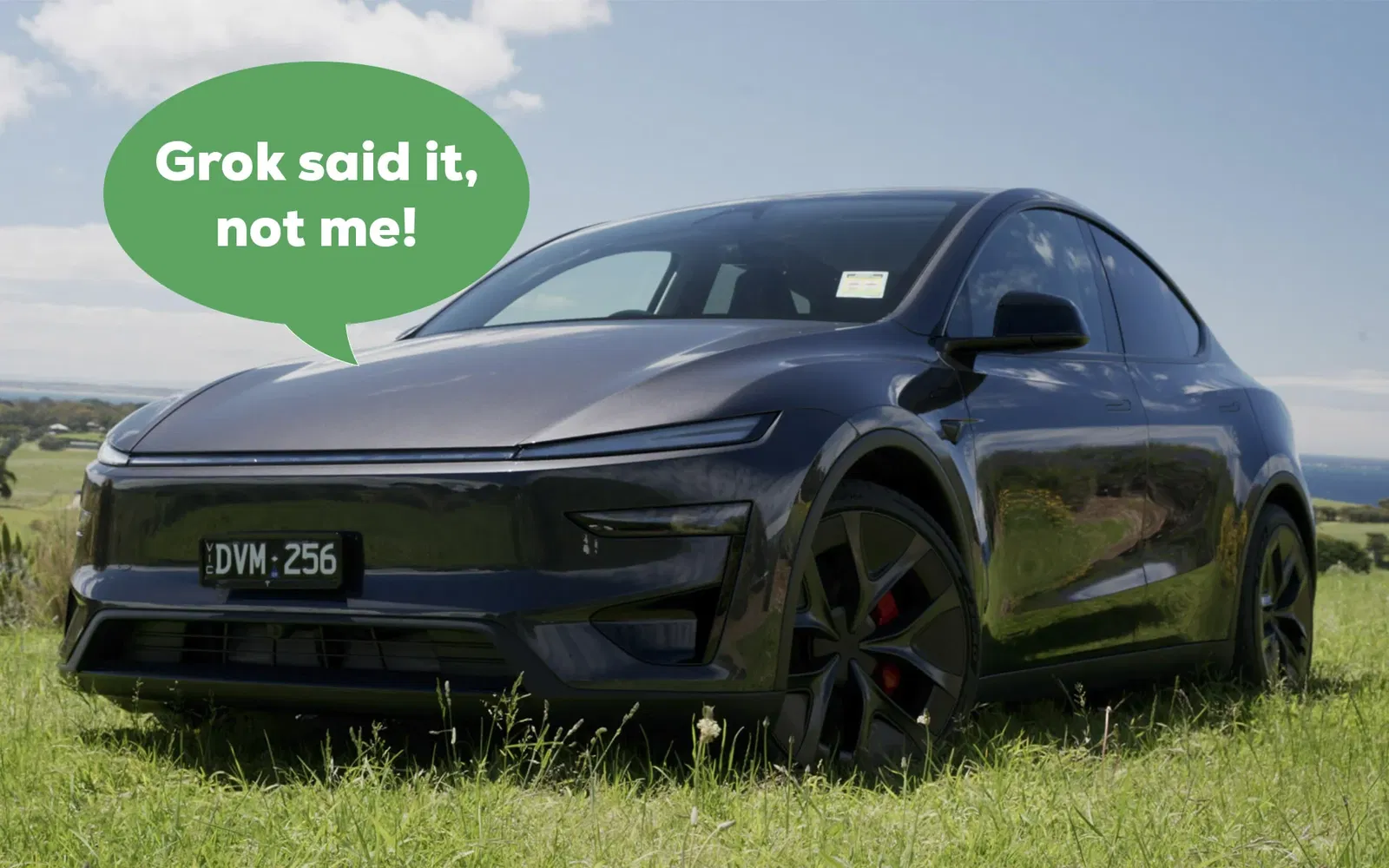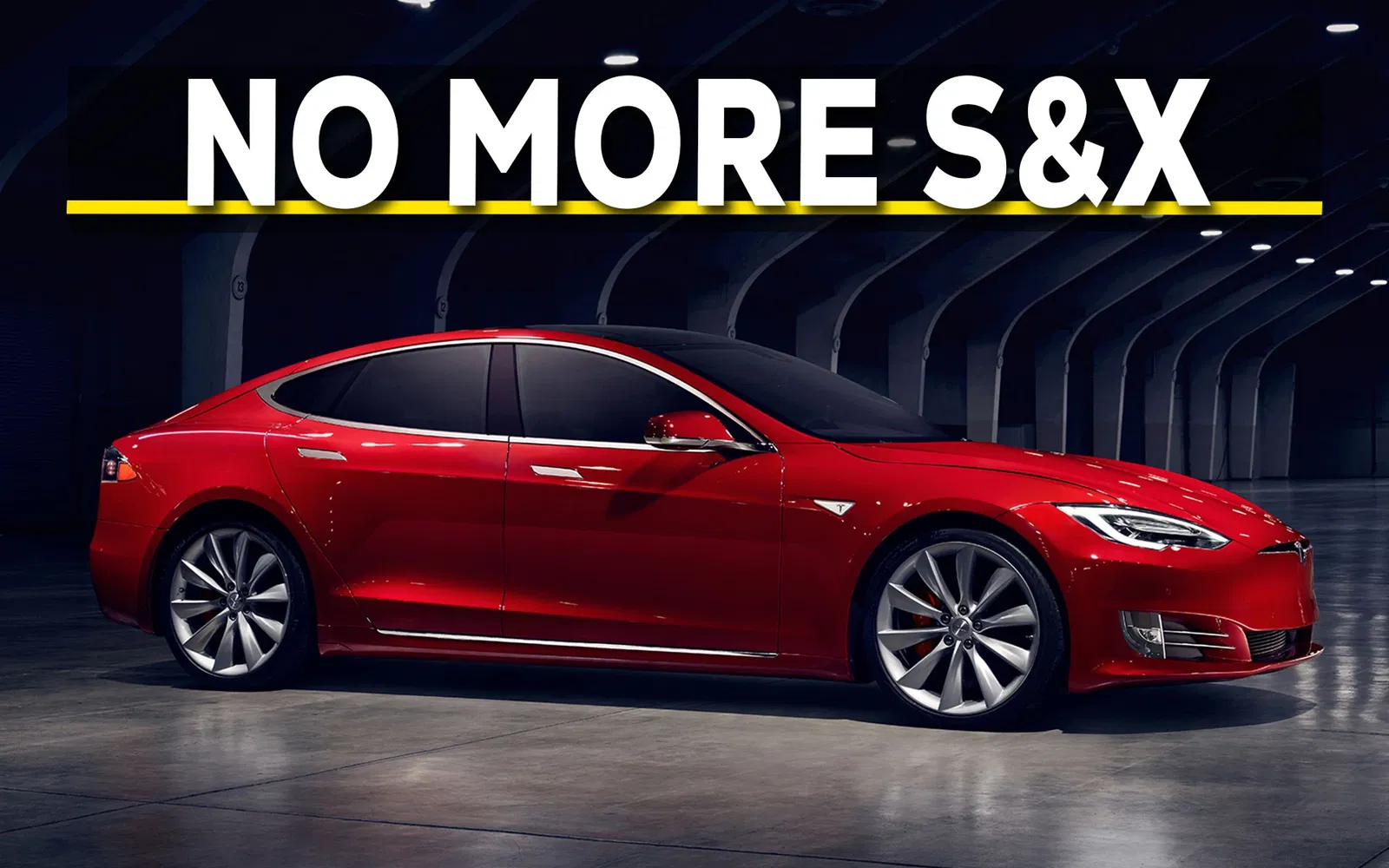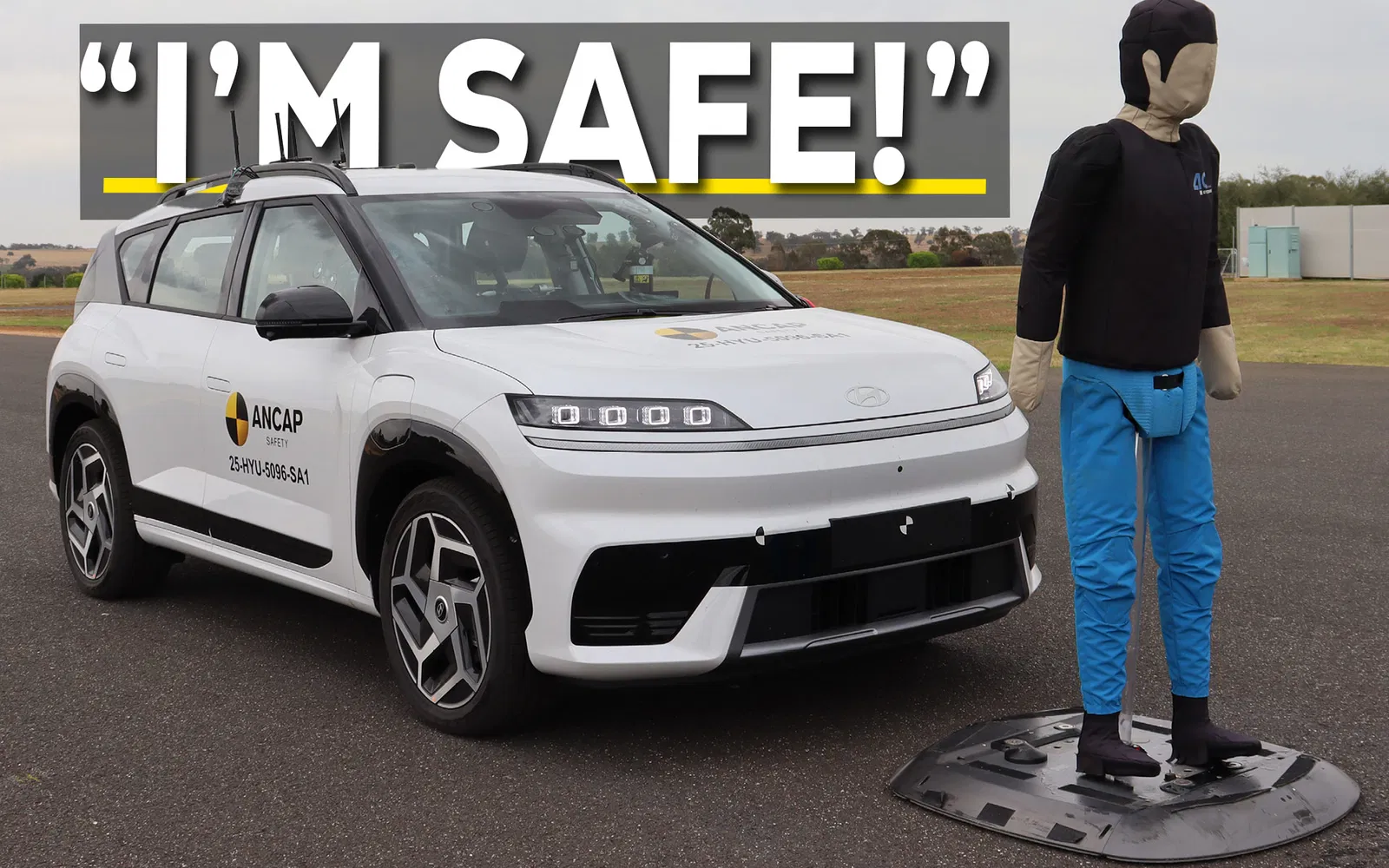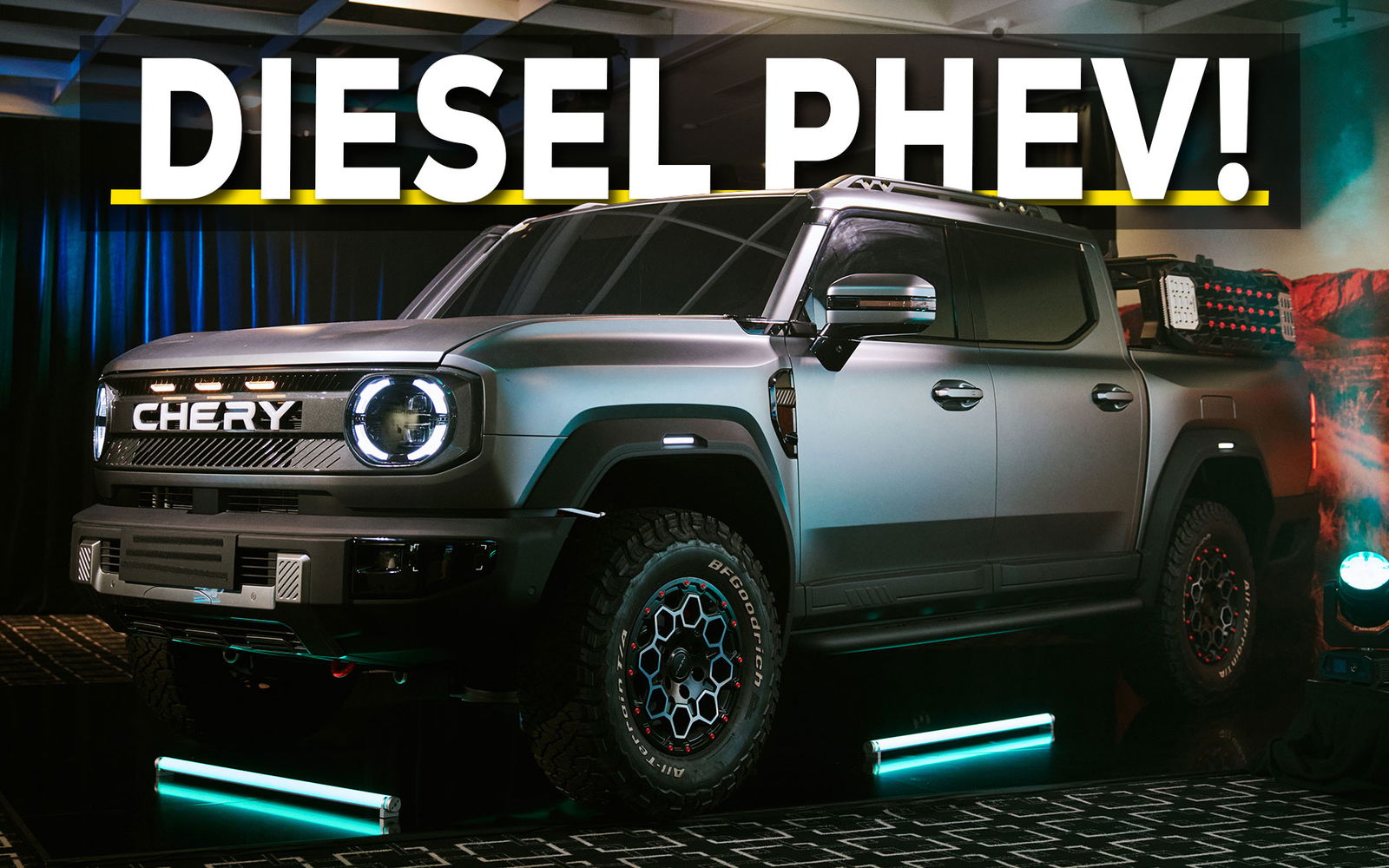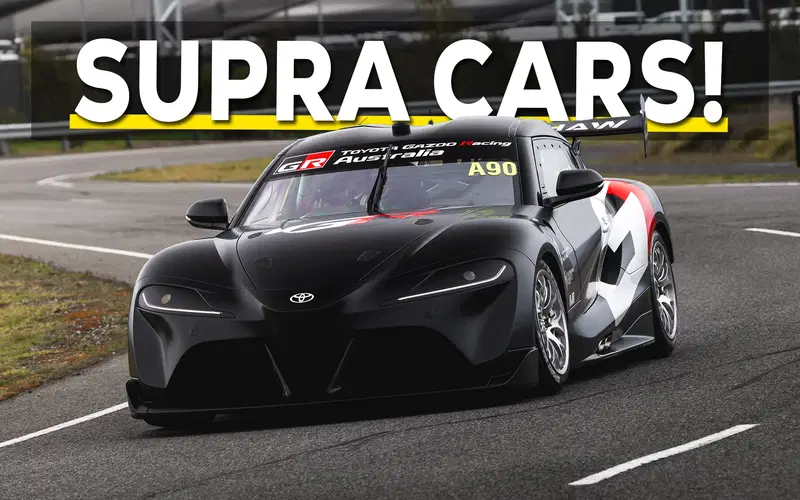In a pivotal legal decision, Tesla has emerged victorious in a United States courtroom, successfully defending its Autopilot system against claims of causing a fatal accident - as reported by Reuters and other US publications.
This marks a significant win for the electric vehicle manufacturer amidst a series of lawsuits and federal probes into the technology.
The jury's decision, reached in a civil lawsuit at the Riverside County Superior Court, absolved Tesla's Autopilot system of any manufacturing defects in a crash that resulted in one fatality and severe injuries to two passengers. The incident, which occurred in 2019, involved a Model 3 that departed the roadway and collided with a palm tree at high speed.
.avif)
Tesla contended that the driver, Micah Lee, had alcohol in his system and that it was uncertain whether the Autopilot was active at the crash time. The plaintiffs, seeking $400 million in damages, highlighted the severe injuries sustained by the passengers, including a young child.
After four days of deliberation, the 12-person jury, with a 9-3 vote, concluded that the vehicle was not defective. Despite the plaintiffs' legal team expressing disappointment, the verdict underscores the responsibility of drivers, even when advanced driver-assistance systems are in use.
Tesla maintains that its vehicles are safe and contribute to road safety, a stance bolstered by a previous trial win in Los Angeles. In that case, the jury agreed that Tesla had sufficiently warned drivers to monitor the Autopilot system actively.

Legal experts note that these verdicts reflect a societal expectation that drivers remain accountable for vehicle control. However, the Riverside case's focus on a potential manufacturing defect related to the vehicle's steering presented a unique challenge for the jury.
Tesla's stock saw an uptick following the verdict, and the company has taken steps to refine its Autopilot system, addressing potential issues identified in an internal safety analysis from 2017.

The automaker is still under scrutiny, with ongoing criminal and regulatory investigations into its driver-assistance systems. Nonetheless, industry analysts suggest that Tesla's legal defenses, bolstered by clear disclaimers, present a formidable challenge to liability claims.
In summary, Tesla's legal victory in the recent Autopilot case reaffirms the driver's responsibility in operating driver-assisted vehicles and may influence future litigation and regulatory actions in the evolving field of automotive technology.
.avif)
.avif)



FAQ
Sign up to our newsletter
Be the first to know when we drop new car reviews.
.avif)

